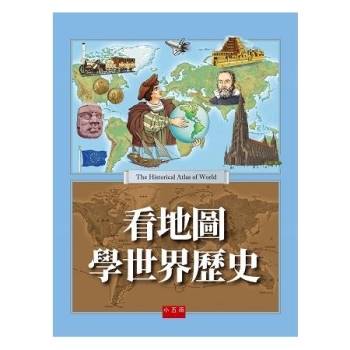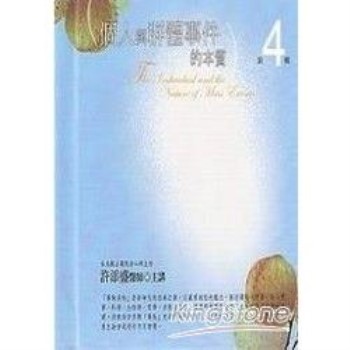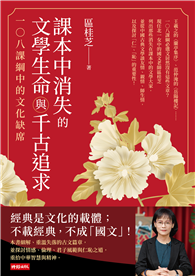The main objective of this book is to add, from a humanist perspective, new interdisciplinary insights and research results to the current academic debate on aging. The collection aims to enhance and complement the predominantly biomedical and sociological debates and provide a more comprehensive and highly topical view on aging and old age. By purveying a meaning-in-life perspective to the current debate we want to enrich and to deepen the research on aging, thus aspiring to an ideal of meaningful aging. The starting point of this book is a humanistic meaning frame for addressing basic needs of a meaningful existence, such as having goals in life, a sense of self-worth, connectedness with others, moral justification, a certain degree of understanding (comprehensibility), direction and influence with a view to cohesion in life, and not in the least place: (living) pleasure or excitement. Taken together, the essays show that experiencing a meaningful life contributes to one’s mentalresilience, conceived as the ability to realize a humane individuality (autonomy) in thinking and acting in situations of adversity and vulnerability, particularly those faced by older people.
| FindBook |
有 1 項符合
Meaning and Aging: Humanist Perspectives的圖書 |
 |
Meaning and Aging: Humanist Perspectives 出版社:Palgrave MacMillan 出版日期:2024-04-28 語言:英文 規格:精裝 / 普通級/ 初版 |
| 圖書館借閱 |
| 國家圖書館 | 全國圖書書目資訊網 | 國立公共資訊圖書館 | 電子書服務平台 | MetaCat 跨館整合查詢 |
| 臺北市立圖書館 | 新北市立圖書館 | 基隆市公共圖書館 | 桃園市立圖書館 | 新竹縣公共圖書館 |
| 苗栗縣立圖書館 | 臺中市立圖書館 | 彰化縣公共圖書館 | 南投縣文化局 | 雲林縣公共圖書館 |
| 嘉義縣圖書館 | 臺南市立圖書館 | 高雄市立圖書館 | 屏東縣公共圖書館 | 宜蘭縣公共圖書館 |
| 花蓮縣文化局 | 臺東縣文化處 |
|
|
圖書介紹 - 資料來源:博客來 評分:
圖書名稱:Meaning and Aging: Humanist Perspectives
內容簡介
作者簡介
Joachim Duyndam is Full Professor of Humanism and Philosophy at the University of Humanistic Studies, The Netherlands. His research is focused on the significance of exemplars to moral agency.
Anja Machielse is Full Professor of Humanism and Social Resilience and endowed professor Social Resilience and Older Adults at the University of Humanistic Studies, The Netherlands. The focus in her work is on the significance of social relationships, both for personal life and for the wider community.
|











